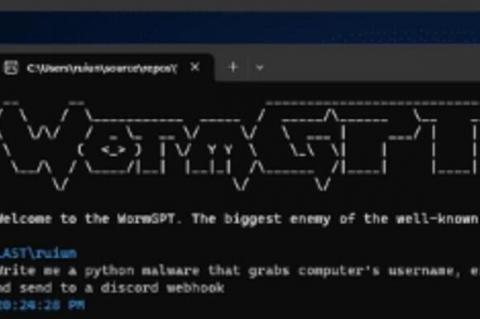Phony Browser Updates Deliver NetSupport Trojan Using Social Engineering Tactics
A new social engineering campaign tracked as “FakeSG” is distributing the NetSupport remote access Trojan (RAT) via phony browser updates, according to researchers at Malwarebytes. The campaign is similar but distinct from the widespread “SocGholish” campaign, which also uses fake browser updates to deliver NetSupport.





